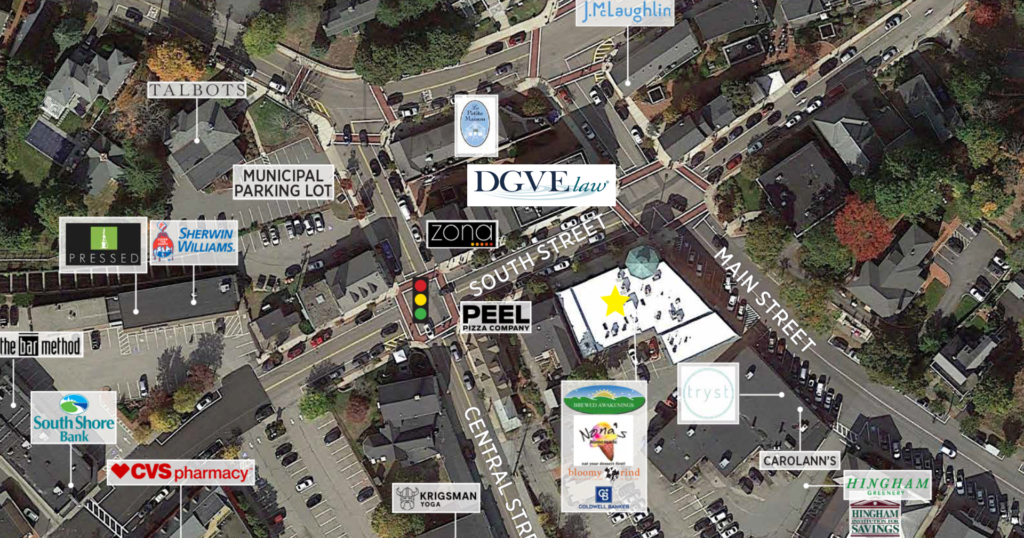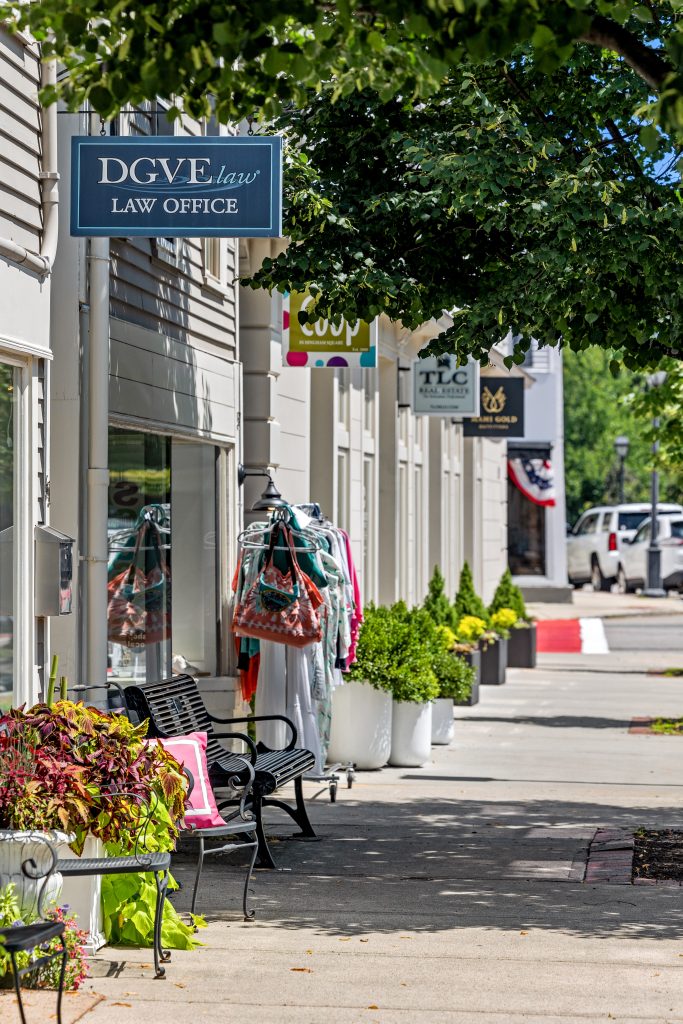Back, back & I’m glad I’m back! [Sorry, I’ve had that sung to the tune of the Mighty Mighty Bosstones “He’s Back” in my head for days now.] I’ve badly neglected my blog the past couple months while I’ve been busy with myriad other things competing for my attention. And while I’ve drafted several great posts in my head and even started several drafts here, I haven’t finished any – my bad. But my good friend, Texas Attorney Rania Combs, has graciously allowed me to poach and share a wonderful post she wrote the other day that I thought my readers would find helpful. Enjoy!
I spoke to a young mother several weeks ago who wanted information on how to legally name a guardian for her minor children.
She explained that she and her husband had already designated her parents as the beneficiary of their life insurance and retirement plans, but they wanted to make sure her parents also got custody of the children.
These parents obviously knew that leaving all their assets to their children outright was a bad idea. It would likely require a judge to appoint a guardian to manage the children’s assets, and the children would get control of their inheritance at 18 years of age, when the may not have the wisdom or foresight to manage it wisely.
But rather than creating a will and establishing a trust for their children’s benefit, they decided to engage in some Do-It-Yourself planning. Unfortunately, by naming their children’s guardians as the beneficiaries of their non-probate assets, rather than leaving those assets to their children in trust, they risk leaving their children with nothing.
Below are a few of the risks associated with naming your children’s guardians as the beneficiary of your insurance and retirement accounts rather than providing for them in a trust:
- Giving your assets to someone else gives them legal ownership of those assets. They may decide they’d rather not honor their commitment to provide for your children, or perhaps not to the extent you had hoped.
- Even if you trust them to honor their commitments, life sometimes gets in the way. Because those assets legally belong to them, they can be exposed to their personal liabilities. For example, suppose they get in a terrible accident and seriously injure someone else. The assets earmarked for your children could be exposed to a judgment for those claims.
- What happens if the people to whom you left the assets die before your children. Since they have legal ownership of those assets you left them, those assets will be part of their estate and will pass to their heirs, who may not have made a commitment to you to care for your children.
- Not all your assets pass by beneficiary designation. If you have a home or financial accounts that don’t have a pay on death beneficiary, those assets will pass through your probate estate and will be exposed to guardianship. There is no such thing as an independent guardian of the estate in Texas. Rather, they are subject to the supervision of the court and must get court approval before taking most actions on behalf of the estate. As a result guardianships are very expensive and time-consuming.
Creating a trust will avoid these problems. Trusts are not just for the wealthy. They can be created in a will and funded when you die. If you have minor children, they should be an essential part of your estate plan.
Rania Combs is an attorney with a completely web-based law firm that helps Texans prepare their wills, trusts and estate plans online, without the usual overhead. For more information, visit Texas Wills and Trusts Online.


